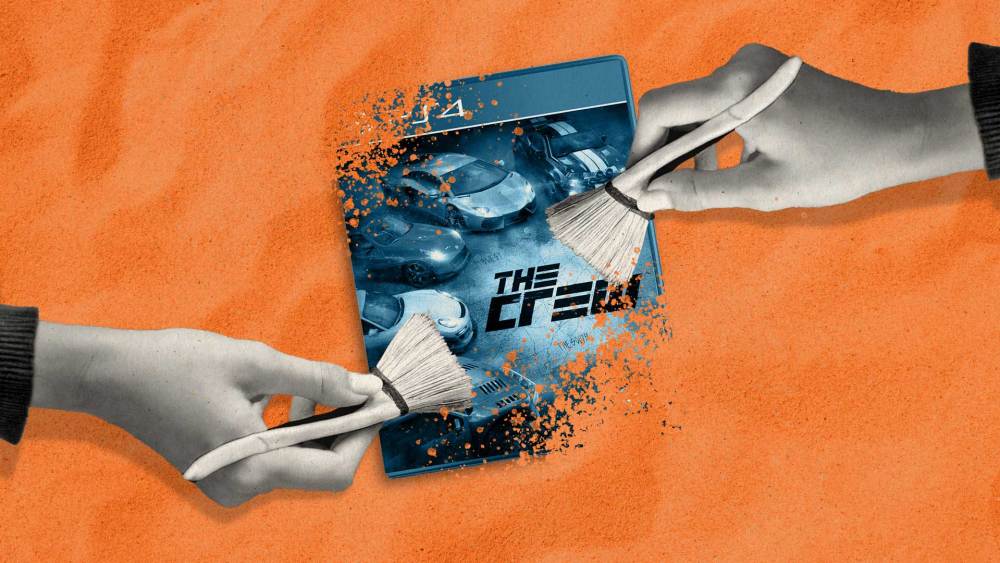Although video games are a relatively new media form, the need to preserve their history is surprisingly urgent. And with the rise of always-online, subscription-based games, the focus of game preservationists has expanded beyond just the past to the present.
April of this year started with Ubisoft shutting down The Crew's servers, leaving more than 12 million regular players completely unable to access the online-only racing game. After the WiiU and 3DS' respective eShop platforms were shut down last year, 1,000 digital-only games disappearing forever, Nintendo shut down the WiiU and 3DS' online servers a few days later, and removed online multiplayer and other features. The function was deleted.
To cap off this eventful month, the Library of Congress Copyright Office held a public hearing on a proposal to allow video game researchers remote access to archived games. Steve Englund, an attorney representing the Entertainment Software Association, said the ESA will not support any exempt access until preservationists work “in a manner that is comfortable for the owners of that valuable intellectual property.”
These events are just the latest examples of the gaming industry's tendency to abandon its past and thwart third-party efforts to save it. According to a July 2023 report by the Video Game History Foundation and Software Preservation Network, only 13% of video games released before 2010 are still commercially available; on par with pre-World War II audio recordings (10%) and silent films (14%). This is due to factors such as licensing difficulties, low commercial value, and volatile digital markets.
Game developers exhibit varying levels of commitment to preservation. Microsoft's Xbox Series S and X support games from all previous versions of the console, and the company has also launched a dedicated game preservation team. Nintendo, on the other hand, does not offer backwards compatibility on the Switch, other than a small number of reissues and ports available through subscription.
But The Crew's closure also illustrates a uniquely modern threat to the game's preservation. Developers remove games at their discretion, regardless of release date, without warning or compensation to players. The main reason behind this trend is always-online DRM (Digital Rights Management), which developers are increasingly deploying to combat piracy. Instead of players hosting their own servers, which was common in older multiplayer games, Always-Online DRM allows players to access developer-hosted servers over the Internet, even for single-player games. must be connected to.
However, experts and stakeholders alike argue that DRM is actively harming consumers. If an always-online game's servers go down, the game will stop working for everyone. If the developer goes out of business or stops operating their servers, these games become permanently unplayable. A surprising number of always-online games have already been lost. Kotaku In 2023 alone, 60 games were shut down, and now dozens of popular games are facing the same fate.
The rise of always-online models is occurring in parallel with subscription-based gaming, which is expected to grow significantly in the coming years. In fact, Ubisoft's director of subscriptions, Philip Tremblay, recently said that the company wants players to “be comfortable with not owning it.” [their] In a similar way to how video streamers lured consumers away from DVDs.
But as we've already seen in the video, subscription platforms place access to media solely in the hands of rights holders, which can be a devastating reality for game preservation.
The changing landscape of gaming is reflected in the Digital Preservation Coalition's 2023 Bit List, an annual tally of endangered digital media. This year's list reclassifies “Shutdown/Cancelled Video Games” from Endangered to Virtually Extinct, citing Always Online's DRM as the main culprit. (Always-online gaming, which is still active, is on the brink of extinction.)
Most notably, DPC changed the name of the category from “Old or Out-of-Date Offline Video Games'' to reflect the increasing number of server-dependent games that are shut down within 1-2 years of release. . These games are more at risk than older games that are still on sale. sold out. ”
Regarding older games, the DPC noted that while fan-driven recovery efforts are essential, they are ultimately unreliable due to ambiguous legality without license holder approval.
But while the game's lost past may remain lost without meaningful intervention, there is hope in the present. Inspired by the closure of The Crew, YouTuber Ross Scott made the game unplayable, considering France-based Ubisoft is located in a country with strong consumer protection laws. We launched the Stop Killing Games initiative, which aims to advocate for legal restrictions on developers who play games.
Although the Copyright Office is still deciding on exemptions for game researchers, those in the preservation industry are optimistic. “We made a strong case,” Phil Salvador of the Video Game History Foundation posted after the hearing. “I feel like this was a big moment where game preservation was taken seriously as a practice/research space.”


